
New Education Resources!
The Education Team has new resources to spark curiosity and conversation!
Cathleen Stone Island Outward Bound School and Stone Living Lab are inviting proposals for curriculum development on Cathleen Stone Island!

The Education Team has new resources to spark curiosity and conversation!
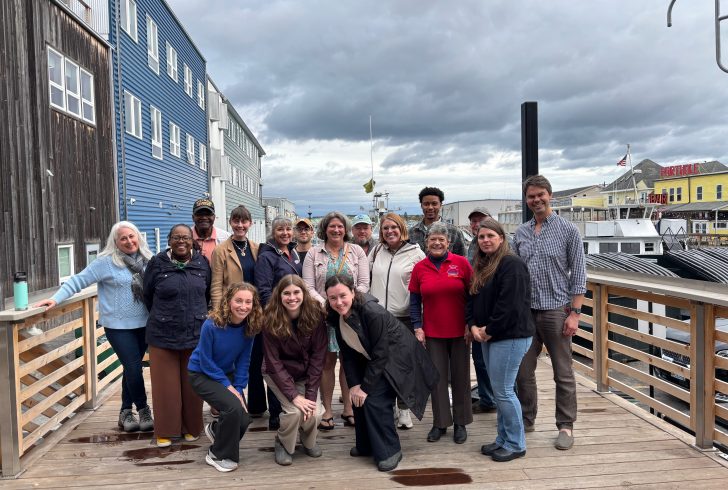
Stone Living Lab Co-Directors Katie Dafforn and Joe Christo presented to members of the National Caucus of Environmental Legislators on two occasions recently.
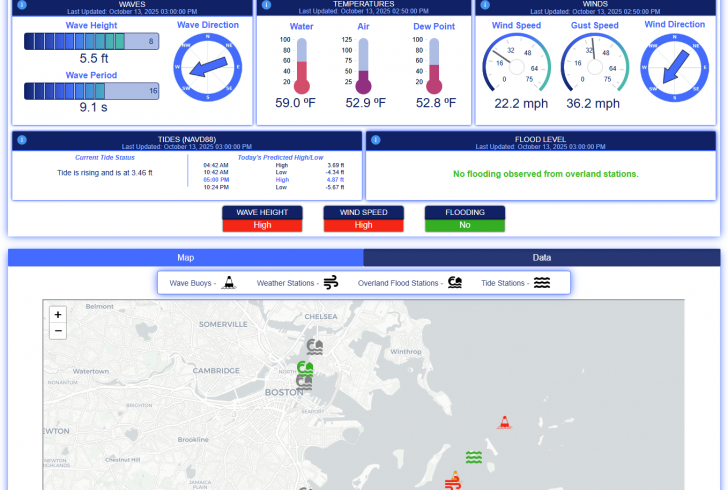
During the most recent Nor'Easter our team at the Stone Living Lab was busy gathering and analyzing data via instrumentation we've deployed as part of our Climate Change Observatory.

The Stone Living Lab lost a dear and inspirational friend last month when Kongjian Yu died in a plane crash in Brazil.
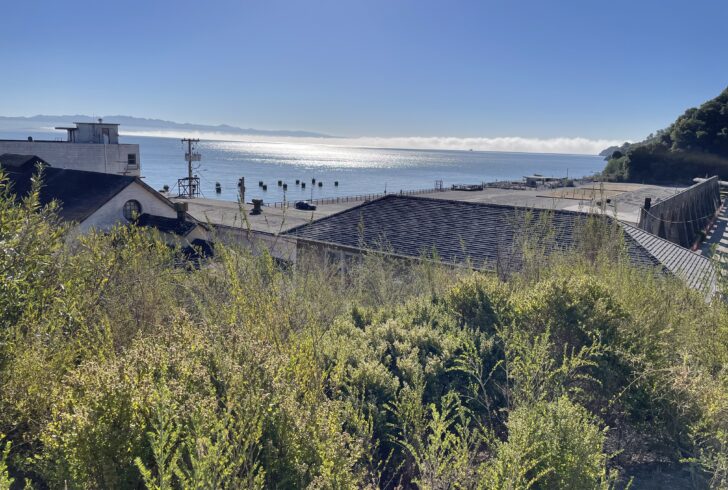
The Stone Living Lab's Co-Director Katie Dafforn presents to the Living Seawalls workshop in San Francisco.
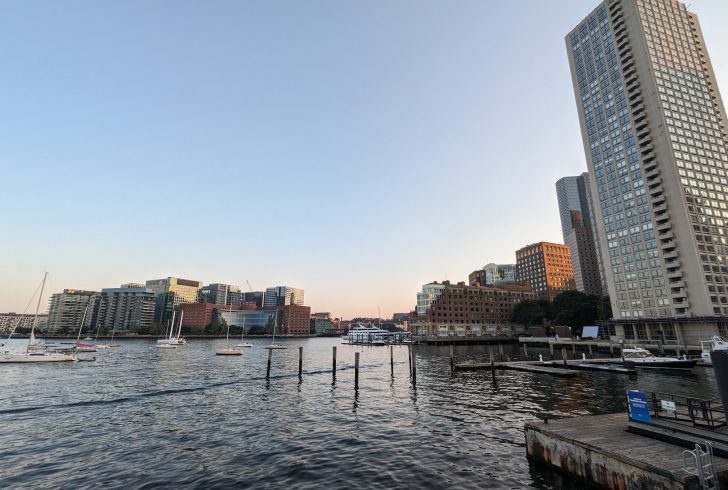
With several “king tides” in the near-term forecast, the Stone Foundation is donating $10 million over the next five years to help a local lab expand its work on nature-based methods of adapting places like Boston Harbor to flooding from climate change.
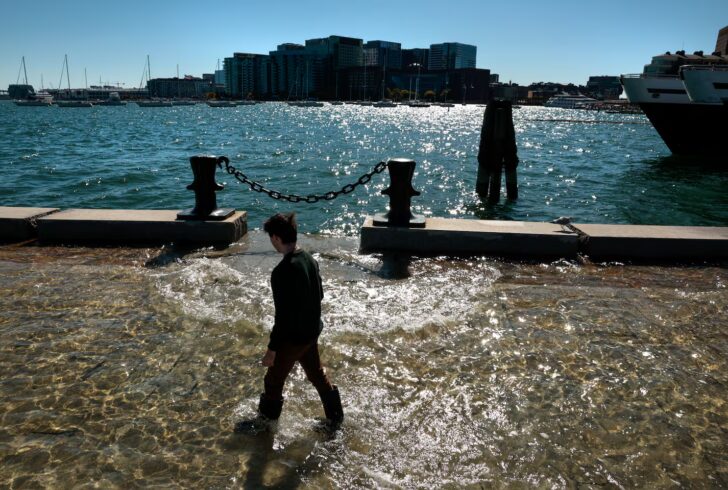
The tides are scientifically known as perigean spring tides and are caused by a combination of the moon’s orbit and phases.
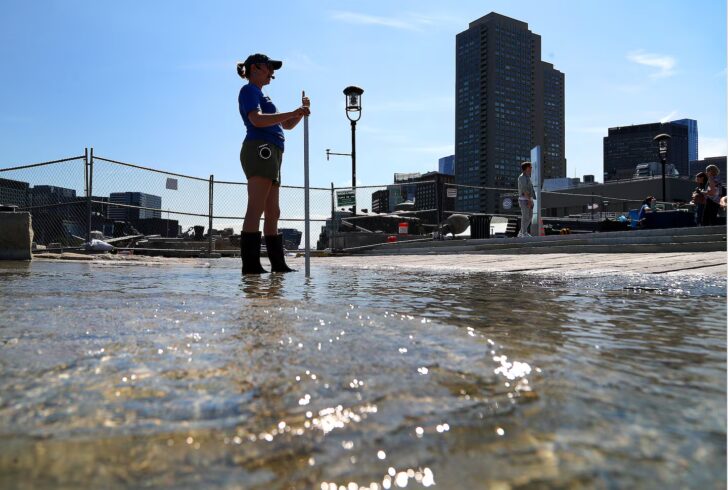
Experts warn Boston’s king tides offer a glimpse of future flooding in a warming world
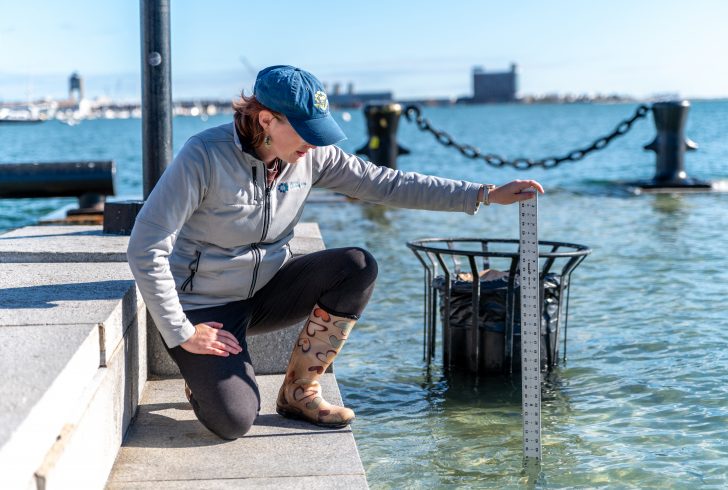
This fall, Boston will experience a spectacular tidal event: the Perigean Spring Tides (also called King Tides). These “wicked high tides” result in high tides that are 2-4 feet higher than normal. This natural phenomenon occurs a few times each year, and gives us a window into how sea level rise will soon start affecting our daily lives.